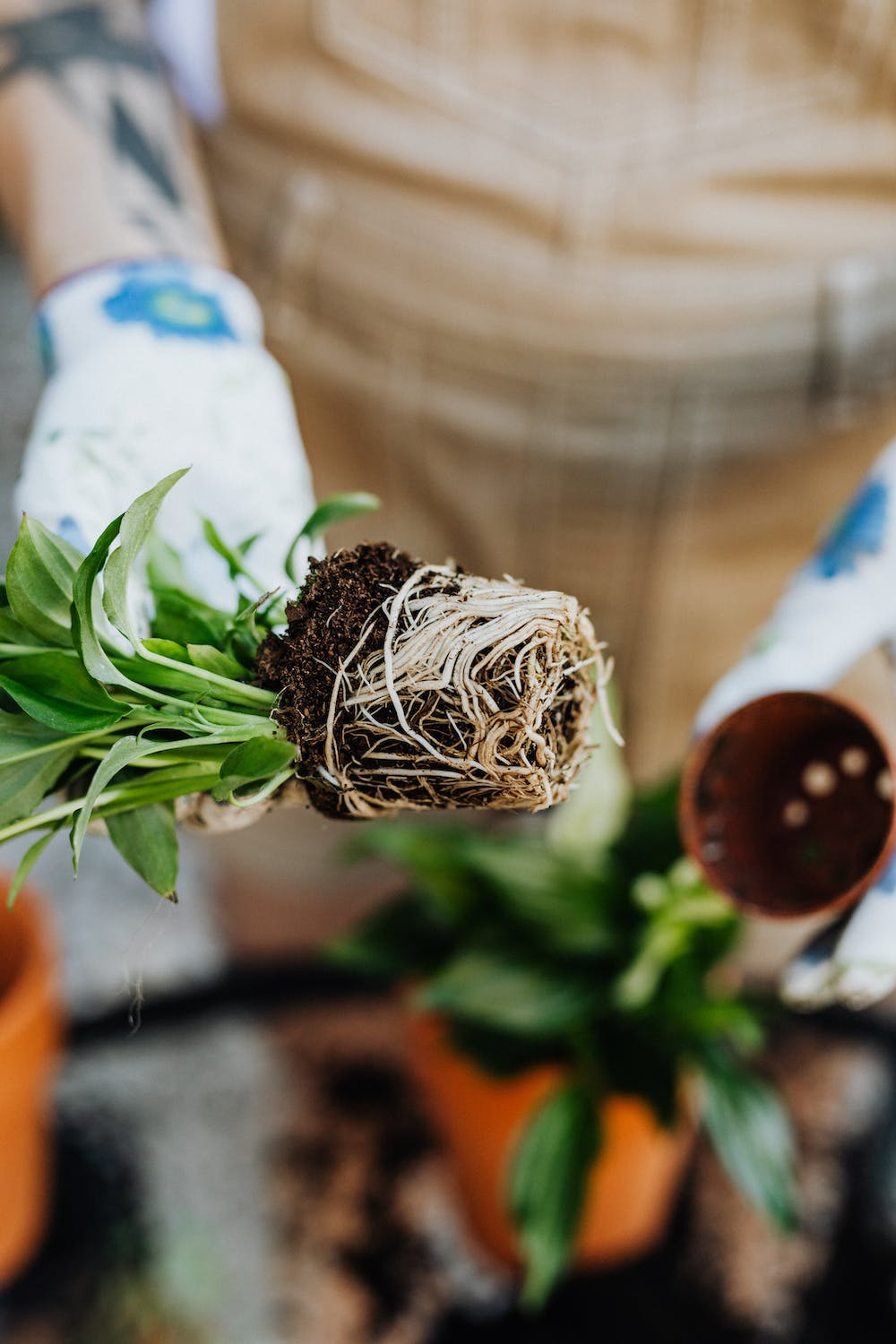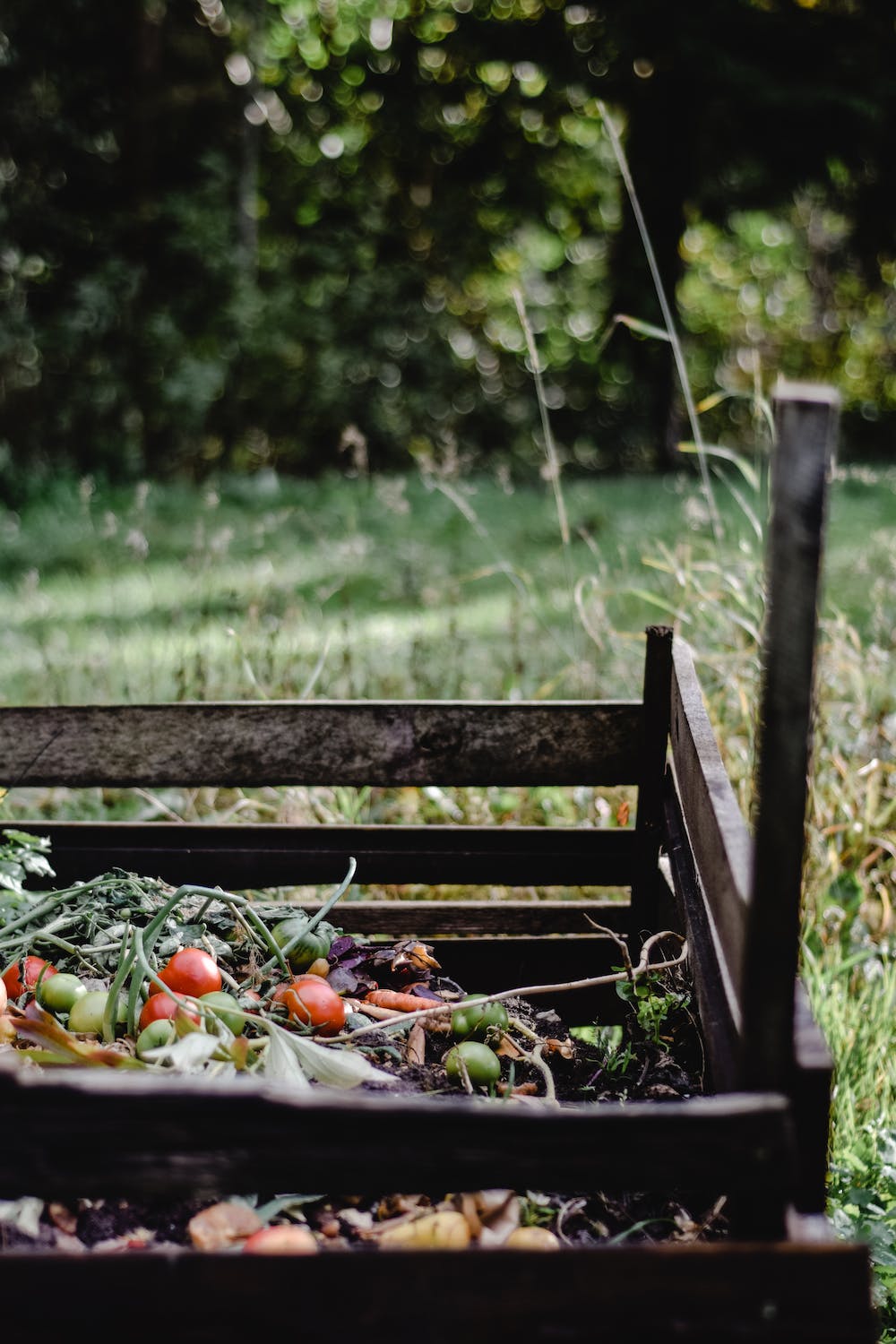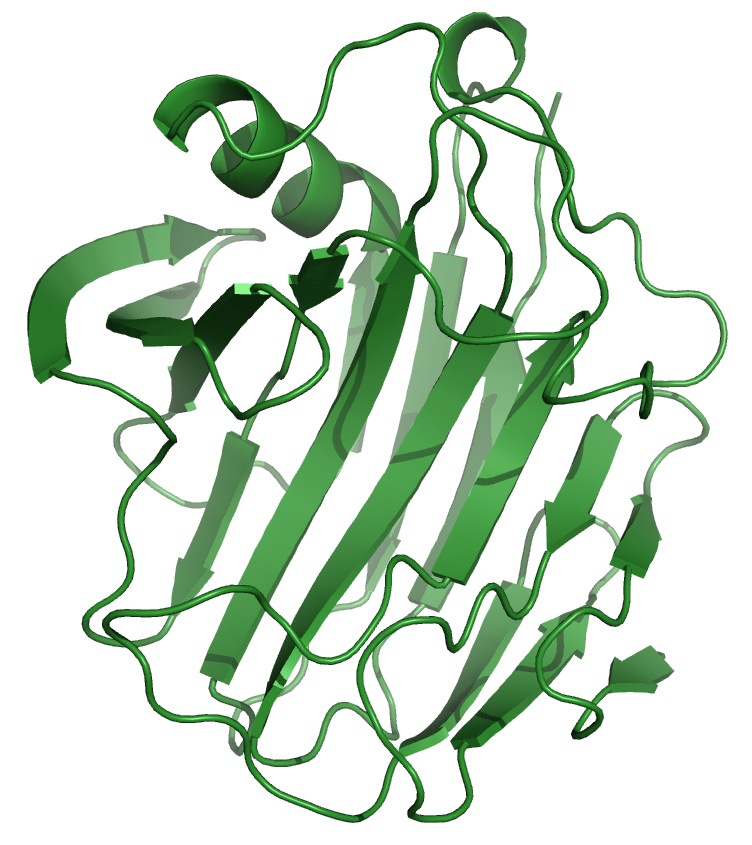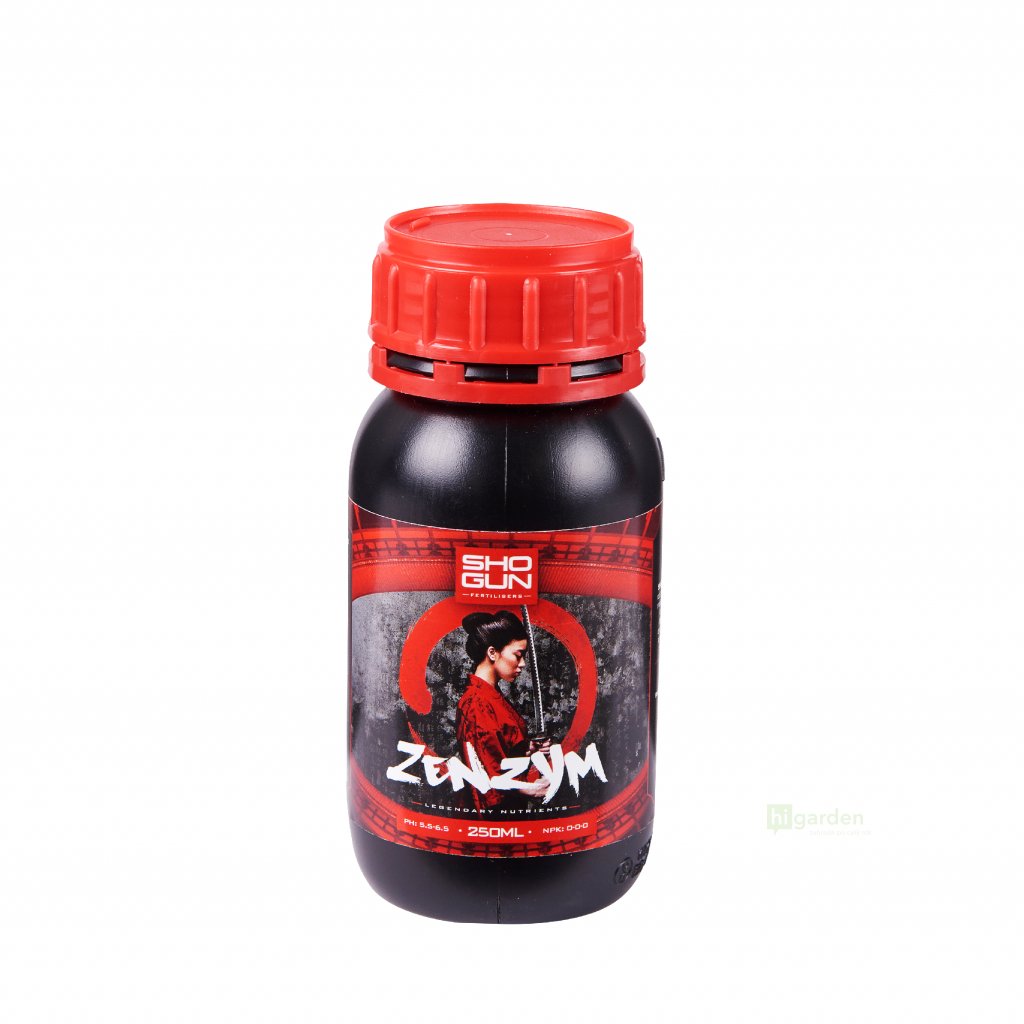We hear the word “enzyme” more and more in the world of indoor and outdoor growing. What exactly are they? Are they good for plants? How to use them in a garden or a grow tent?
Enzymes are chemical compounds (proteins) which act as catalysts - they speed up chemical reactions between other compounds. They help with creating and decomposing complex compounds. Life as we know it wouldn’t be possible without enzymes.
Where can you find enzymes?
There is an immense number of enzymes everywhere around us - they’re an inseparable part of our everyday life. The best-known example is digestion. Enzymes can be found in human saliva, in the stomach and intestines. We add them to cleaning products, use them during cooking and brewing, and for making cheeses and wine.
Enzymes specialise - each is useful only for one reaction, but they work until something deactivates them (like high acidity or temperature). For example, if there isn’t enough lactase in a human’s intestine, they can’t decompose lactose - complex sugars found in milk. The only way to avoid subsequent digestive problems is to stop eating milk products because there’s no way to substitute the enzyme.
How do enzymes benefit a grower?
- More nutrients for the plants

Enzymes speed up the decomposition of dead organic matter in the soil. It decomposes (for example) complex sugars, chitin, organic phosphates and animal fats. And what’s it all for? Decomposing these molecules releases a lot of goodies into the soil - it suddenly contains more nitrogen, phosphorus, potassium, zinc, iron and sugar in a form the plants can absorb and use.
- Better soil quality
Removing organic matter from the soil frees up nutrients and space in the substrate. It becomes more aerated, retains water better, and there are no obstacles for the roots, which can now develop better and absorb more nutrients.
- Protection from pathogens
Removing organic waste from the soil quickly leaves fewer opportunities for harmful bacteria and fungi to feed and attack the plant. Some enzymes even decompose the cellular walls of pathogens - the plant can benefit from prevention and active protection.
- Faster healthy growth
There are enzymes which speed up hormone production inside the plant. This way, enzymes can increase plant growth rate naturally.
All this results in a healthy plant protected from pathogens, which doesn't lack any nutrients. Better conditions lead to increased production of beautiful flowers and tasty fruit.
TIP: You can use enzymes to clean the substrate between growing cycles and avoid using a chemical cleaner.
Where do enzymes come from?
Considering that enzymes are the most effective catalysts we know of, logically, they’re made by microorganisms, animals and plants alike. The most favourite way of producing enzymes for plant production is using microorganisms (fungi and bacteria, e.g. Trichoderma or Bacillus), which create enzymes and live symbiotically with plants.
How to add enzymes in an outdoor garden?
Outdoor gardens usually already have microbes, which produce enzymes (careful! high acidity or some chemicals can kill them!), so adding enzymes from a bottle isn’t usually necessary. If you’d like to renew or support the microbe colonies, you can do so by adding compost. It’s rich in nutrients and beneficial fungi and bacteria, which produce enzymes.
Another option is using compost tea - you have more control over what goes in it, and it’s much faster. For example, Compost Tee by BioTabs is ready in about four hours and has all the benefits of classic compost.
How to use enzymes in an indoor garden?
Indoor grow rooms or tents are enclosed systems where the beneficial and harmful fungi have a harder time balancing each other out. Adding classic compost is a big no-no for many growers (even without considering the smell) because they don’t want to invite pathogens into the carefully managed environment.
There are other options, though. It’s possible to add only enzymes from a bottle (e.g. by Shogun, Canna or BioNova). Mixtures containing enzyme-producing microbes, which also benefit the plant in other ways, are also available. Products by Terra Aquatica, Plant Success or BioBizz contain hand-picked helpful microbes.
TIP: Enzymes are useful in any method of growing plants - even hydroponics.
What to watch out for?
Enzymes work only in certain conditions. Temperature, pressure or pH fluctuations harm them just as they harm plants. If possible, try to keep any changes to a minimum.
If you use bottled enzymes, keep the recommended storage temperature in mind. It’s also important to pay attention to the labels. Manufacturers often use the words “enzymes” and “microbes” interchangeably, but the results are more or less the same - you either add the catalyst or something that makes it. The labels also often don’t specify the exact enzymes used.
Long story short
Enzymes are compounds which speed up chemical reactions. In plant cultivation, their biggest contribution is soil improvement. They improve its aeration and water retention properties and increase the number of nutrients available to the plant. You can’t harm your plants by adding enzymes, quite the opposite. It can be exactly what they’ve been missing for years, whether you’re growing indoors or outdoors.
If you have any questions about enzymes and their use for plant cultivation this article didn’t answer, don’t hesitate to ask at info@higarden.eu - we’re here for you.
We recommend:
More articles:


